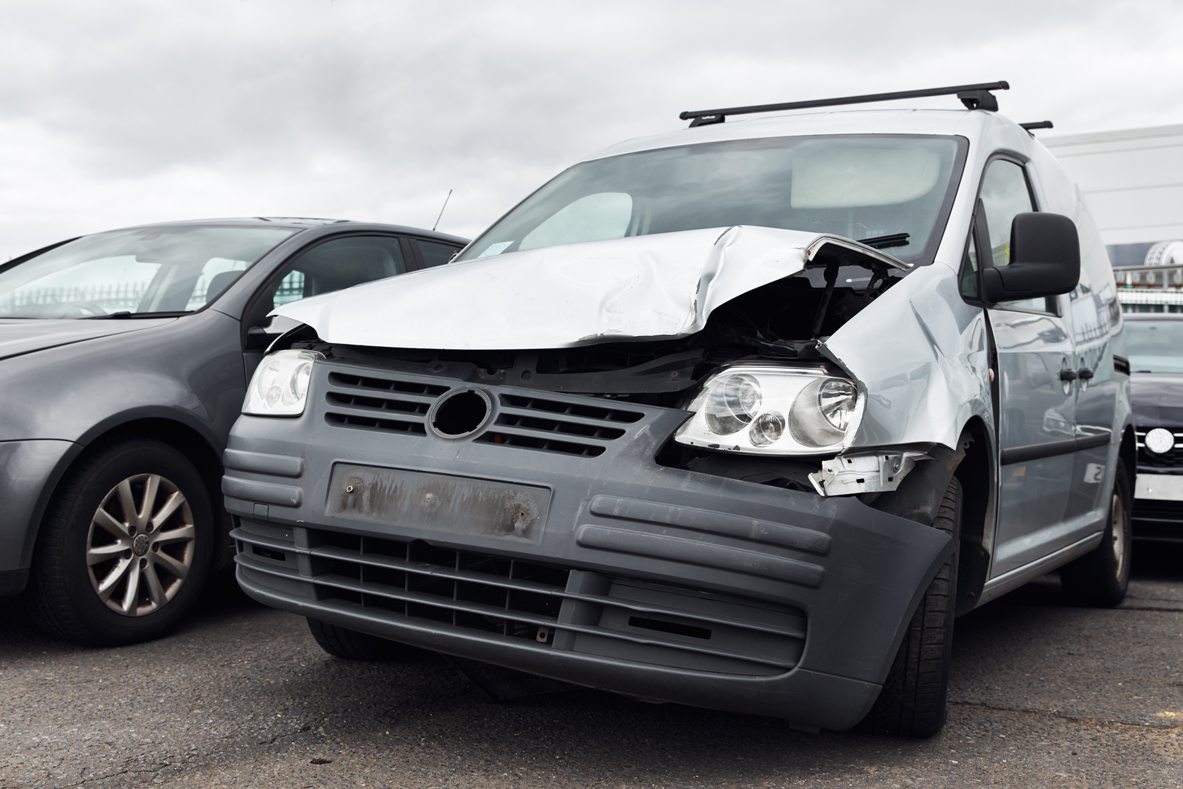
Scrap vans have many of the same benefits for the environment that scrap cars offer, in terms of reusing valuable materials via van recycling, and preventing harmful substances from entering the ecosystem.
But because of their size and the purposes they are used for, scrapping vans can have a significantly bigger impact in terms of minimising harm to the environment.
Put simply, vans are bigger. And that means:
- Van recycling provides more recycled metal for new uses
- Van dismantling removes more harmful substances safely
- Scrap vans are (generally speaking) worth more than cars
Let’s look in more detail at why scrap vans are so good for generating value, reducing waste and minimising environmental impact.
What does a van weigh?
The recycling value of a van depends largely on the weight of recyclable metals and other valuable materials found in its construction.
A typical van weighs around 2.5 tonnes (2,500 kg) but this varies. A lighter van will typically be worth slightly less as scrap, but can carry more payload and still come in below the legal maximum of 3.5 tonnes.
If you’re not sure what your scrap van is worth, just ask. J Davidson Scrap are always happy to provide quick quotes, and we aim to offer the best scrap van prices in Manchester.
What happens when a van is scrapped?
Scrap vans – like scrap cars – are taken to our Licensed Treatment Facility in Manchester, and if your van is a non-runner, we can arrange to collect it for disposal.
There we begin the process of dismantling the van, first removing any potentially harmful components and fluids, like the battery, brake fluid and lubricants.
Once the hazardous materials have been removed, we set about separating the recyclable metals and other parts, so they can be processed in the appropriate ways.
Crucially, we’ll also take care of the paperwork, providing you with a Certificate of Destruction that officially relieves you of any legal responsibility for the van.
Why does van recycling matter?
Vehicle scrapping in general is good news for the environment. A large percentage of an old van can be recycled, reducing the amount of virgin steel needed in new vehicle manufacture and drastically cutting down the energy used in manufacture too.
Newer models are less polluting – and this will especially be the case as we transition to using more all-electric vans for urban deliveries.
Thanks to modern rules and regulations on dismantling end-of-life vehicles, a Licensed Treatment Facility like ours will also ensure nothing harmful gets into the local environment, water courses or food chain.
Get a price for scrap vans
If you want to get a price for scrap vans – from a single vehicle to an entire fleet! – J Davidson Scrap are here for you.
We always try to offer the best scrap van prices in Manchester, and we’re happy to give you a quote based on the make and model of your van (along with a few other specs like engine size, year of manufacture etc).
It only takes a few minutes to find out what your scrap van is worth, and there’s no obligation to scrap it with us. But we’re confident that once you hear our prices, you’ll choose J Davidson to dispose of your end-of-life commercial vehicle cleanly and safely.
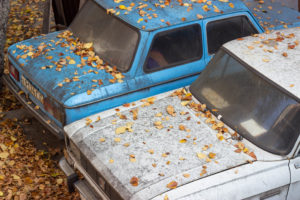
Recycling cars is a journey in itself, as your vehicle goes on its final ride to J Davidson Scrap’s Authorised Treatment Facility (ATF) in Altrincham.
But what actually happens to a scrap car once it’s handed over to us? Let’s follow the final journey of scrap cars from roadside to recycling…
Before scrapping a car
There are a few important steps to take before scrapping a car:
- Transfer personalised plates off of the vehicle – if you don’t do this they will be scrapped with the car and cannot be transferred to another vehicle later.
- Remove any personal items you want to keep – remember to check the boot, glove compartment, under the seats and any cubby holes you’ve ever used!
- If you keep part of the vehicle for any reason, let us know. We understand sentimental value and souvenirs, but it might affect the scrap value of your car.
With those out of the way, let’s get your car on its way to a newly recycled lease of life.
Collection or delivery
If your car is roadworthy, you can deliver it to us yourself. Alternatively, we can collect it from the roadside, as long as it’s in an accessible location.
We’ll also need your log book and car keys. This shows us that you are the legal owner of the vehicle, so that we can confirm that you’re the person with the authority to scrap it.
De-polluting the car
Recycling cars starts with removing the various fluids and chemicals from the vehicle, including engine oil, remaining petrol/diesel, hydraulic fluids, antifreeze and battery acid.
As one of the first Authorised Treatment Facilities in the North West, we’ve been complying with the 2003 ‘end of life’ vehicle regulations for longer than most, and we’re careful to do everything right, using specialist equipment we have invested in over the years.
Recycling scrap cars
Once the hazardous materials have been removed, we can get to work recycling your car. Tyres are removed and metal components are separated to be processed just like other scrap metal recycling.
A typical car is about two-thirds iron and steel, a metal that can be recycled endlessly with no loss of quality, and with energy savings of nearly 75%.
Scrap cars don’t just ‘cease to exist’. The materials contained within them can become new cars, aeroplanes, food and drink containers, structural steel for buildings, and all manner of other things – that’s why we’re able to offer you the best value for scrap cars in Manchester.
What happens next?
We’ll make sure the recyclable parts of your car find a new home, and we’ll dispose of the rest in an eco-friendly way, in line with the 2003 regulations.
You don’t need to do a thing. As long as you gave us the log book, we can handle the paperwork with the DVLA.
We’ll give you an official Certificate of Destruction direct from the DVLA, ending your legal responsibility for the vehicle and allowing you to claim back any outstanding road tax – one last bit of extra value that you can put towards your next set of wheels.
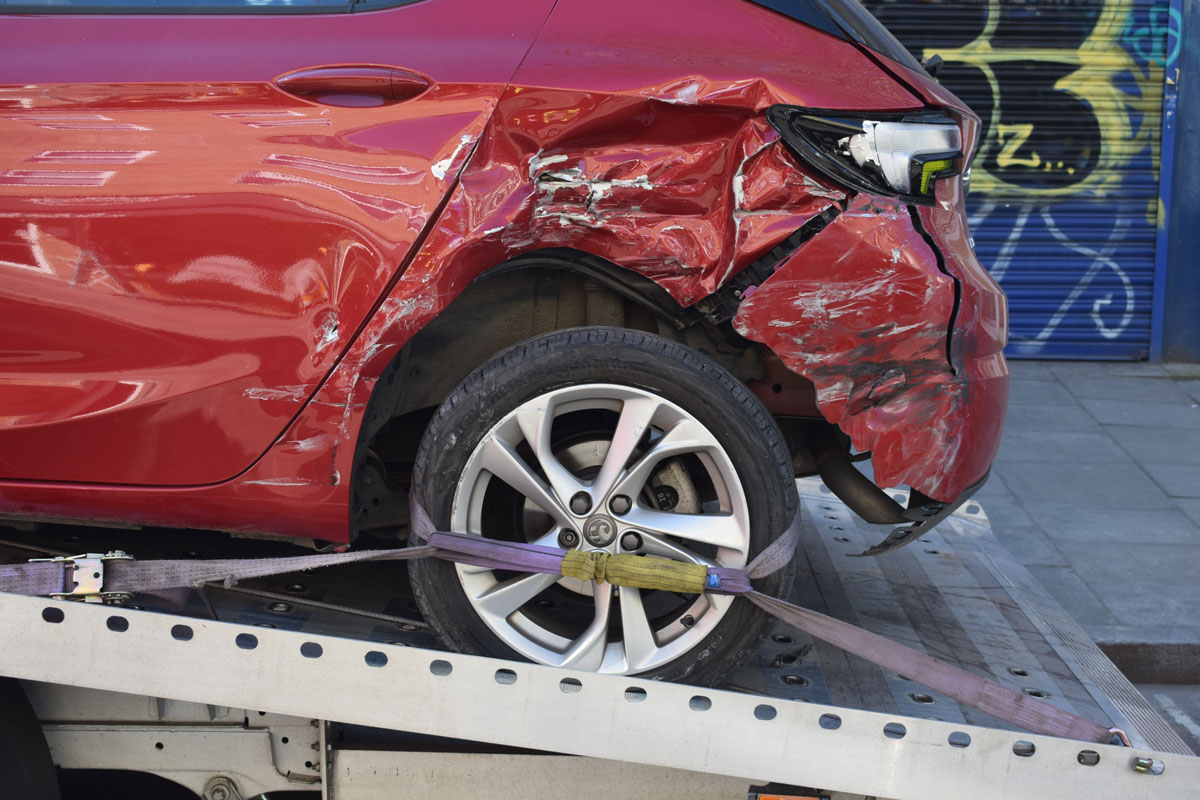
When it’s time to upgrade your motor to a newer model, there’s one question every driver faces: should you sell or scrap your car?
There’s no absolute answer here. Both options have their benefits, and if your car is still in good condition, you might want to part-exchange it for a discount on your new vehicle.
But older vehicles and those with engine faults or bodywork damage might not be worth as much for part-exchange or on the second-hand market.
That’s where scrap car buyers can help, by offering you a fair price for the valuable recyclable materials contained within the vehicle.
So, what are the pros and cons of selling vs. scrapping your car?
Pros of selling
Selling a car allows you to cash in on its market value – and if you upgrade your vehicle regularly, you might have one to sell that isn’t more than a few years old and still in great condition.
You might also be happy to know that your car ‘lives on’ and, if you sell it locally, you might even see it out and about over the next few years.
Cons of selling
There are several hassles associated with trying to sell a car, regardless of its condition. You may need to pay to advertise it, or put in some effort to find a buyer yourself.
If you want to get the best price on the used car market, you’ll need to repair any little niggles you’ve been putting off, and give your vehicle a proper clean and polish to get it looking as good as new.
Pros of scrapping
Scrap car buyers like J Davidson Scrap make it as easy as possible to get rid of your old car. We can even come and collect it.
You get rid of your car faster, without having to do anything to it first, and you get paid a fair price for the steel and other recyclable materials in the bodywork.
Cons of scrapping
There’s no guarantee that the scrap value of your car will be more than the market value of selling it – although you’ll save money on repairing, cleaning and advertising the vehicle.
Scrapping a car can be difficult if you’re emotionally attached to it, too. If you’d like to keep a small part of the vehicle as a keepsake, let us know – but remember that your vehicle will be recycled and may be even more useful in its future form.
How to decide
Nobody can decide for you whether to sell or scrap your car, but you can request a scrap car quote to find out how much your vehicle is probably worth, just based on a few basic facts like the make, model and year of production.
Once you’ve got your offer from a scrap car buyer like J Davidson Scrap, you can decide whether it’s enough, or if you want to take the time and effort to try to find a buyer on the used car market instead.
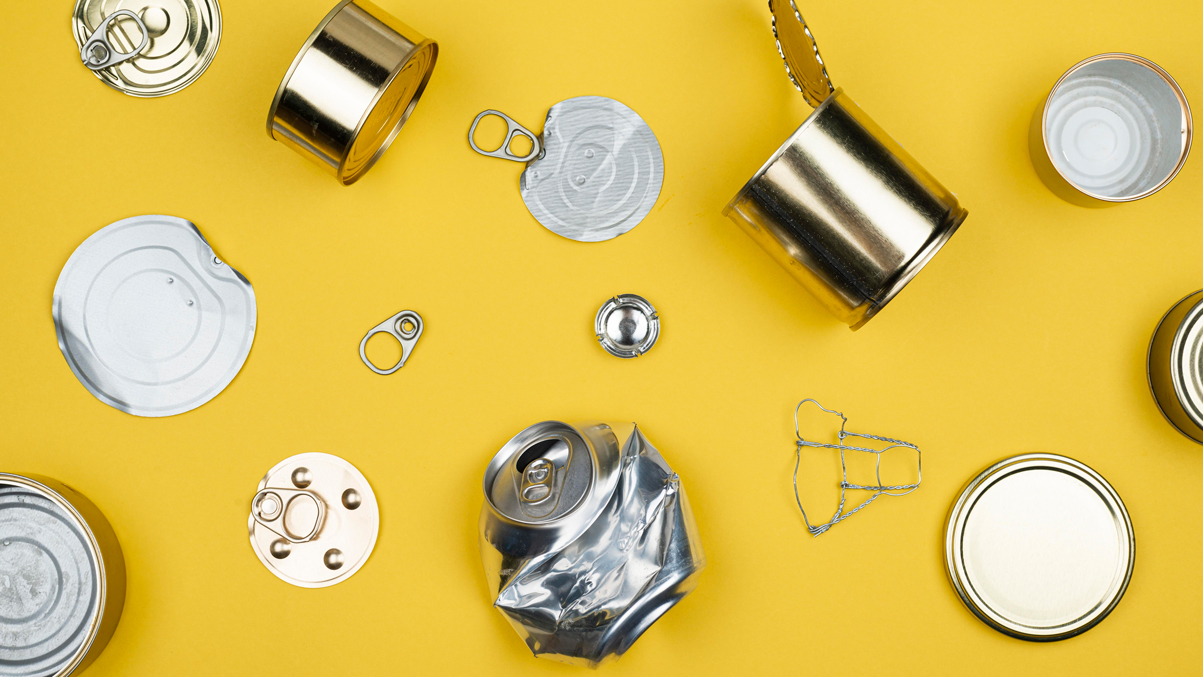
Recycled scrap metal has almost limitless uses and applications, and in most cases can be substituted directly in place of virgin metals to cut down on resource depletion and energy consumption.
Different types of recycled metal have different uses, and again these are broadly in line with what the original metal would have been used for.
Most metals can be recycled endlessly with no loss of quality, and may only need processing to remove impurities in order to retain their original strength and other characteristics – this is done as part of the recycling process, so the metal offers its best attributes at the point of purchase.
How to recycle scrap metal
Metal recycling is a well-established and sophisticated process. Many years of research into how to recycle scrap metal have led to techniques that reliable separate and reprocess metals, for a very high standard of finished product.
First, mixed metals are separated from any other recyclable materials. Steel is easy to separate as it’s magnetic, so can be extracted just using a powerful magnet.
Eddy current separators are used to separate the non-ferrous (i.e. non-magnetic) metals, by moving them through an electromagnetic field which ejects the metals from the non-metallic waste.
What is scrap metal used for?
Once it’s sorted and separated, scrap metal can be recycled by shredding it, melting it down and removing any remaining impurities, before casting the molten metal into new products.
Some examples of the uses of recycled scrap metal include:
Aluminium
Aluminium is used in aeroplane manufacture due to its high strength and low weight. Recycled aluminium is used increasingly and typically contributes up to 80% of the aircraft’s frame.
Recycled aluminium can also be used in containers such as drinks cans, food tins and so on. It’s clean, hygienic and energy-efficient, with recycled aluminium using up to 95% less energy than producing the same metal from ore.
Copper
Copper is easily recognised by its distinctive colour, which makes it easy for people to spot where copper is used around the home – and recycled copper can be substituted into many of those applications.
Recycled copper therefore finds its way into copper pipes, guttering and other gas and water conduits, as well as in electrical wiring. Recycled copper uses about 85% less energy than fresh copper.
Steel
Recycled steel is strong and, when processed correctly, never loses its original quality and attributes. This makes recycled steel as versatile as newly produced steel.
As a result, recycled steel is used in structural applications, appliances and white goods, and throughout the transportation industry from new cars to railway tracks. Recycled scrap steel can save up to about 75% of energy consumption.
Where to recycle scrap metal
J Davidson Scrap Metal Processors are specialists in scrap car and metal recycling, and we process more than 40,000 tonnes of metal every year, saving energy, resources and carbon emissions.
We aim to pay the best scrap metal prices in Manchester while providing valuable recyclable metal scrap to keep the cost of building materials low – a win-win for businesses across the North West.
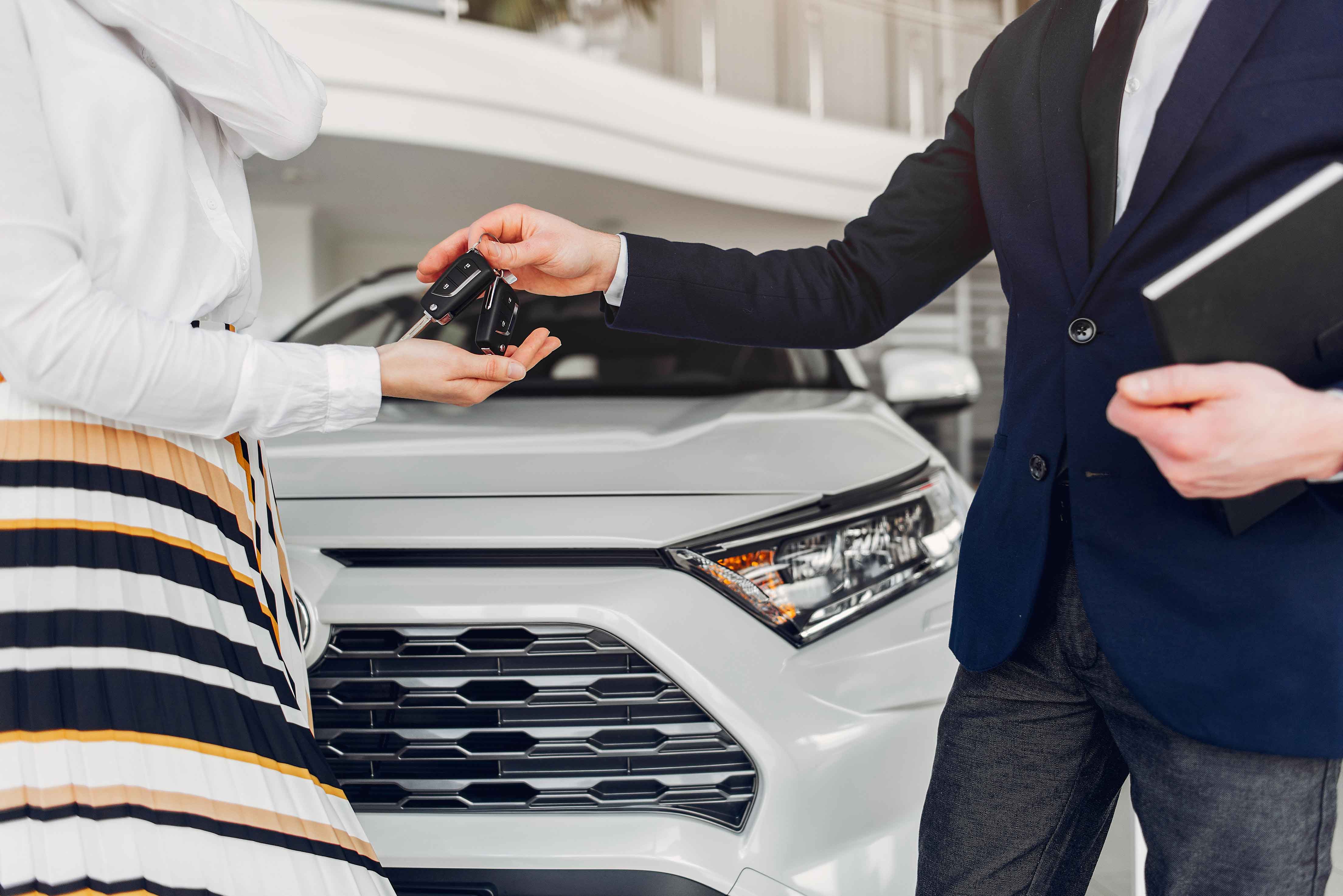
Scrapping a car could be the perfect start to your New Year, giving you money you can put towards a new vehicle for 2023 and beyond.
At J Davidson Scrap we aim to offer the best scrap car prices in the north-west, and you can get a quick estimate of how much your scrap car is worth by filling in our instant online quote form.
We’ll take care of everything – we can collect your vehicle if it’s a non-runner, sort out the paperwork to prove it’s been scrapped, and if you have the log book we can even liaise with the DVLA so that they know it’s been destroyed too.
Why is scrapping a car a good idea?
There are plenty of reasons why scrapping a car is a good way to start the new year…
A reliable set of wheels for winter
If your current car won’t start on a frosty morning, or you have trouble keeping the battery charged, then putting your scrap car money towards a more reliable replacement could be the best way to start 2023.
Save on fuel costs in the long run
There’s no time like the present to start saving money on fuel economy, and this is one area where many modern vehicles significantly outperform their older equivalents. Saving pounds at the pump will all add up and, on top of your scrap car money, could eventually cover the cost of your new car.
Time to try an electric car?
Hybrids and battery electric vehicles are well established in the mainstream market now, with plenty of charging infrastructure around when you need it. Is it time to think about scrapping a car and replacing it with one that doesn’t use petrol or diesel at all?
How to scrap a car
If you’ve never scrapped a car before, don’t worry, it’s not difficult. To start, just enter the vehicle’s details on our website and we’ll give you a quick quote based on our best prices for scrap cars in the current market.
This is based on a few different factors including the make and model of the car, and the likely value of the recyclable materials contained in its bodywork.
We will carefully dismantle your scrap vehicle, dispose of any hazardous materials like hydraulic fluids, and recycle the rest to avoid sending it to landfill sites.
Want to know more?
If you have an old car to scrap there’s no need to wait – contact us today and we can get the ball rolling, and can arrange to collect your car and log book from your home or roadside if necessary.
As always, remember if you have personalised number plates, you must transfer them away from the vehicle BEFORE you scrap it, or the number will be scrapped along with the car and you’ll lose the right to use it on your next vehicle.
For any more hints and tips, or if you have any questions about the car scrapping process, give us a call on 0161 928 9981 and we’ll be happy to help.










